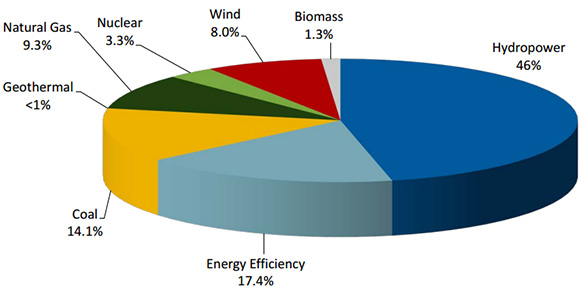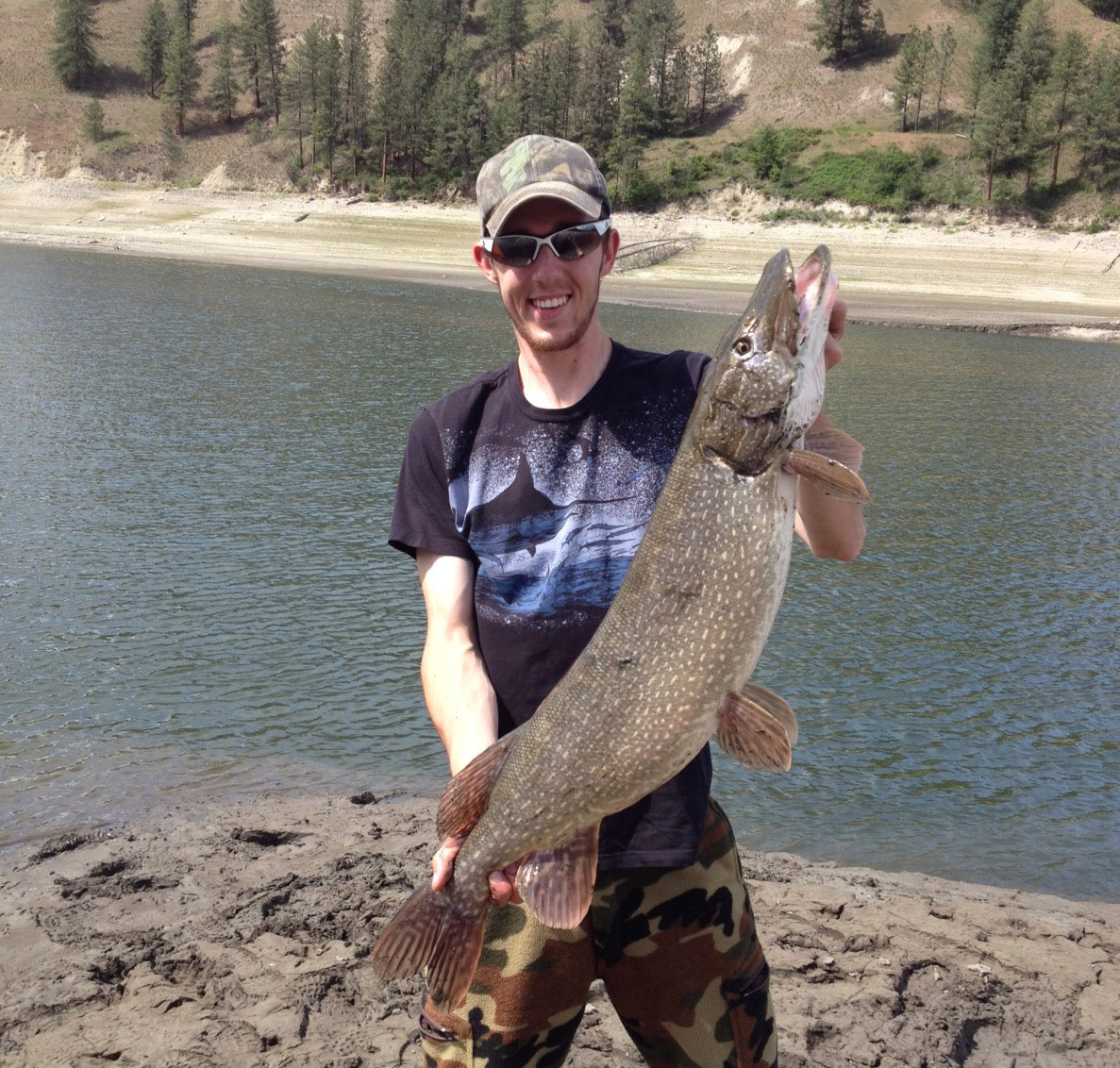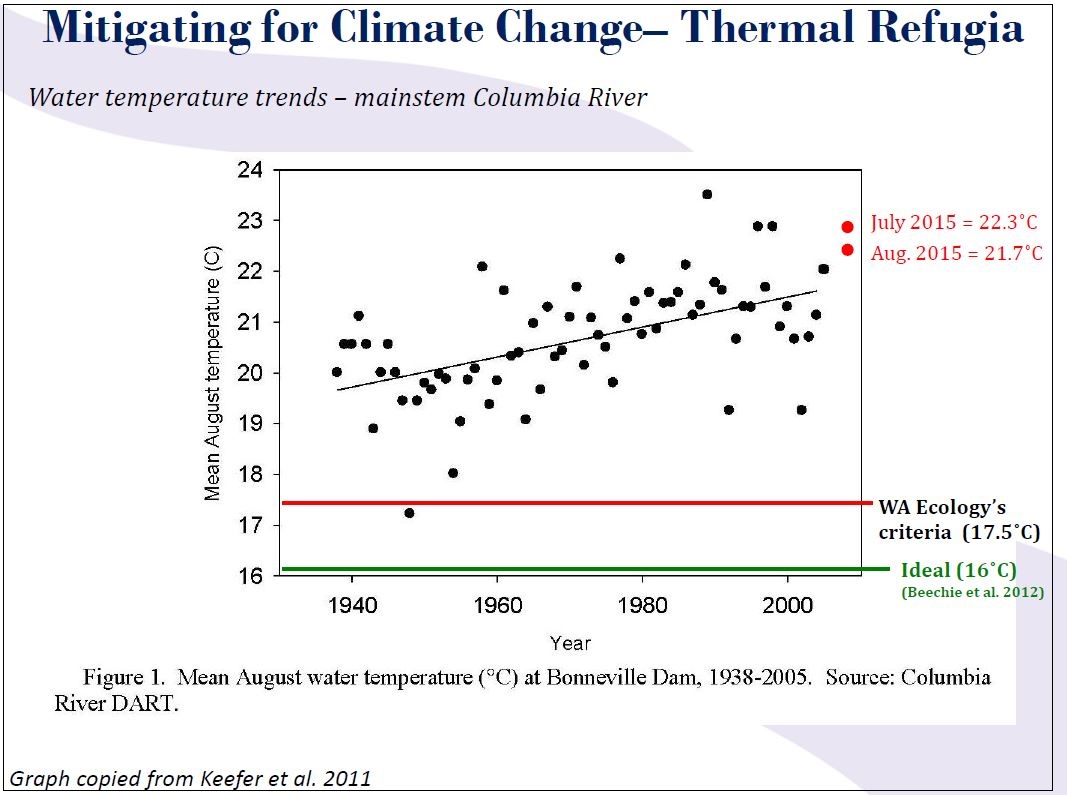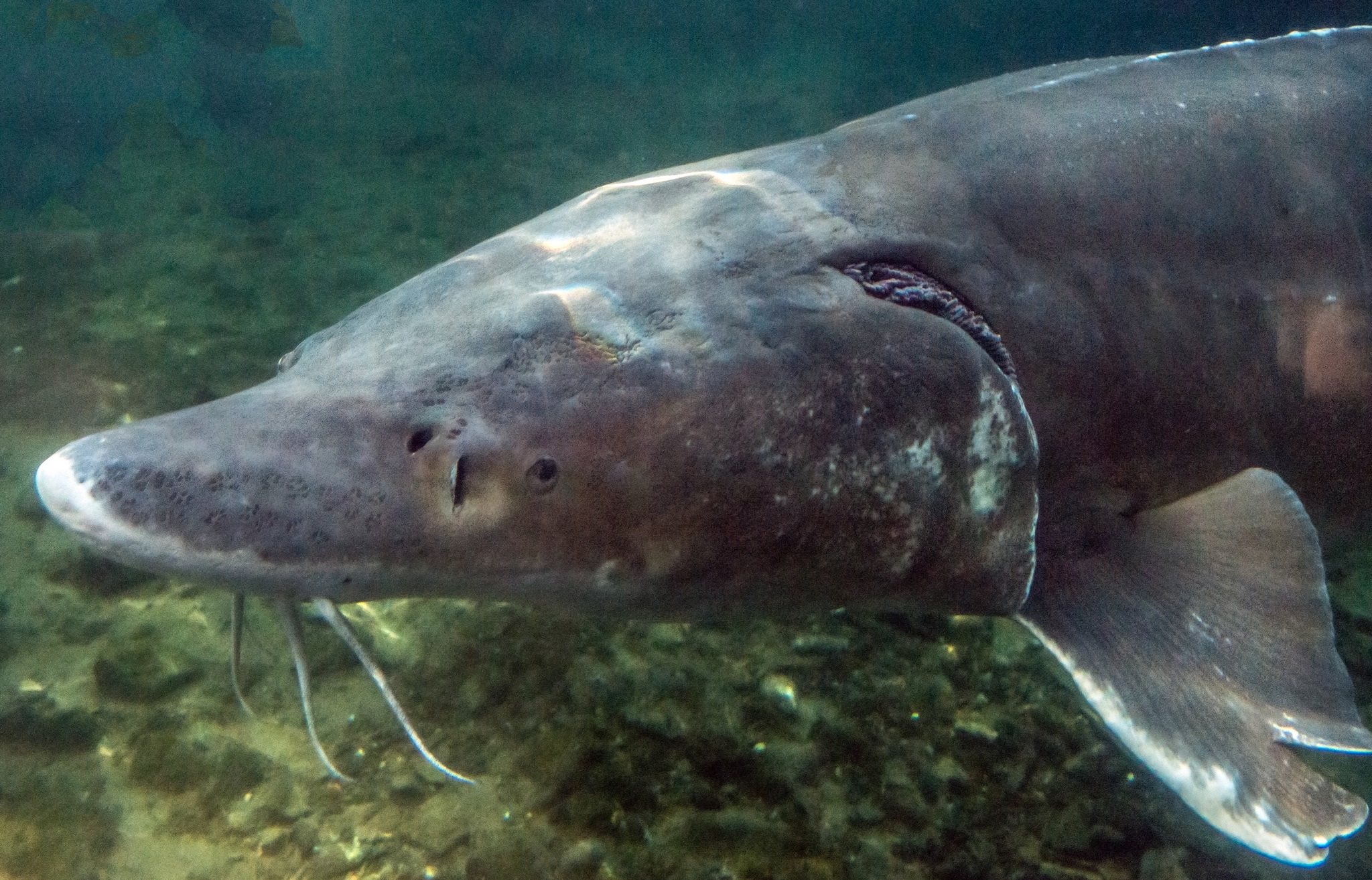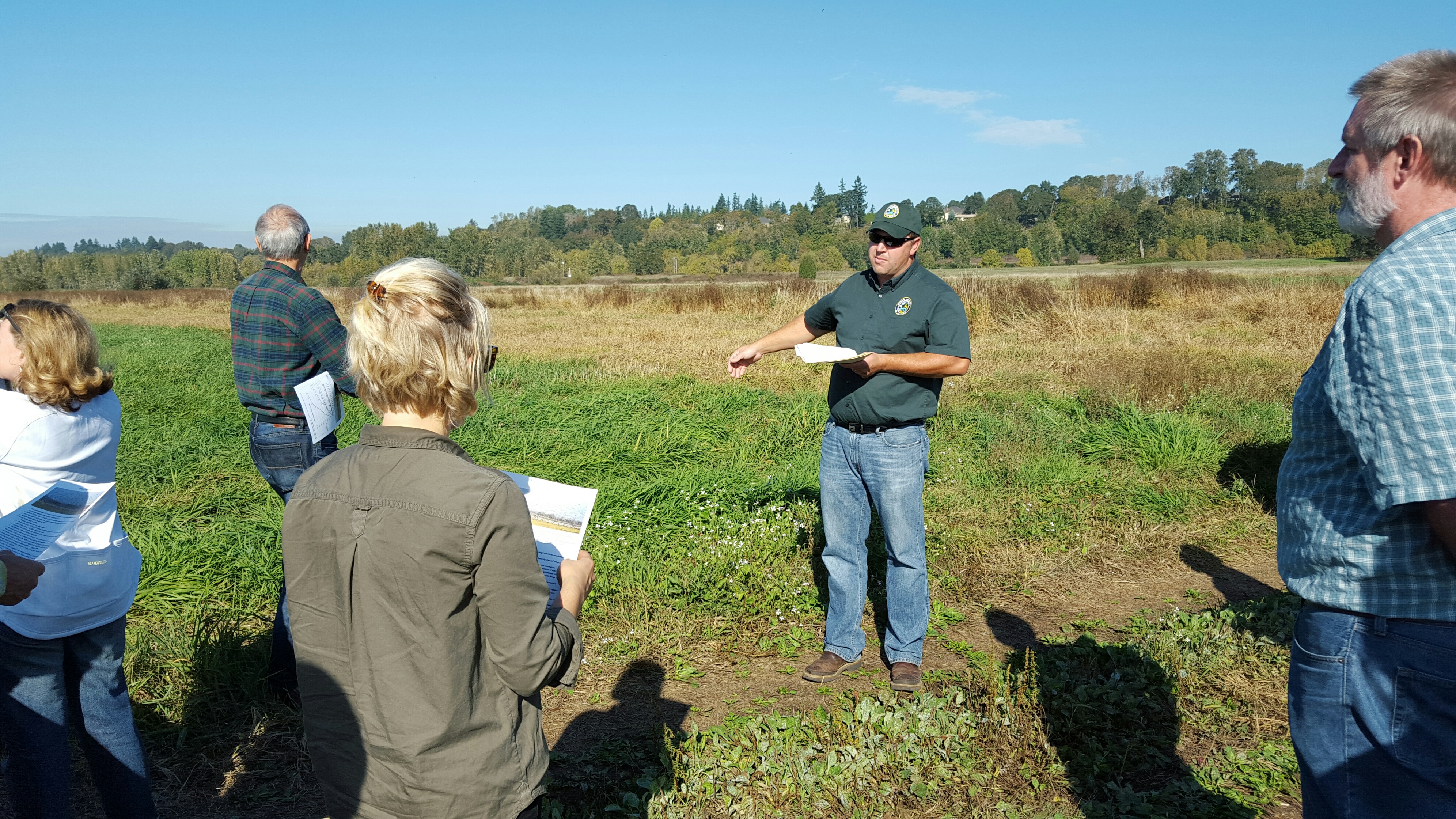California's "Duck Curve" and What It Means for the Northwest
- November 20, 2015
- Carol Winkel
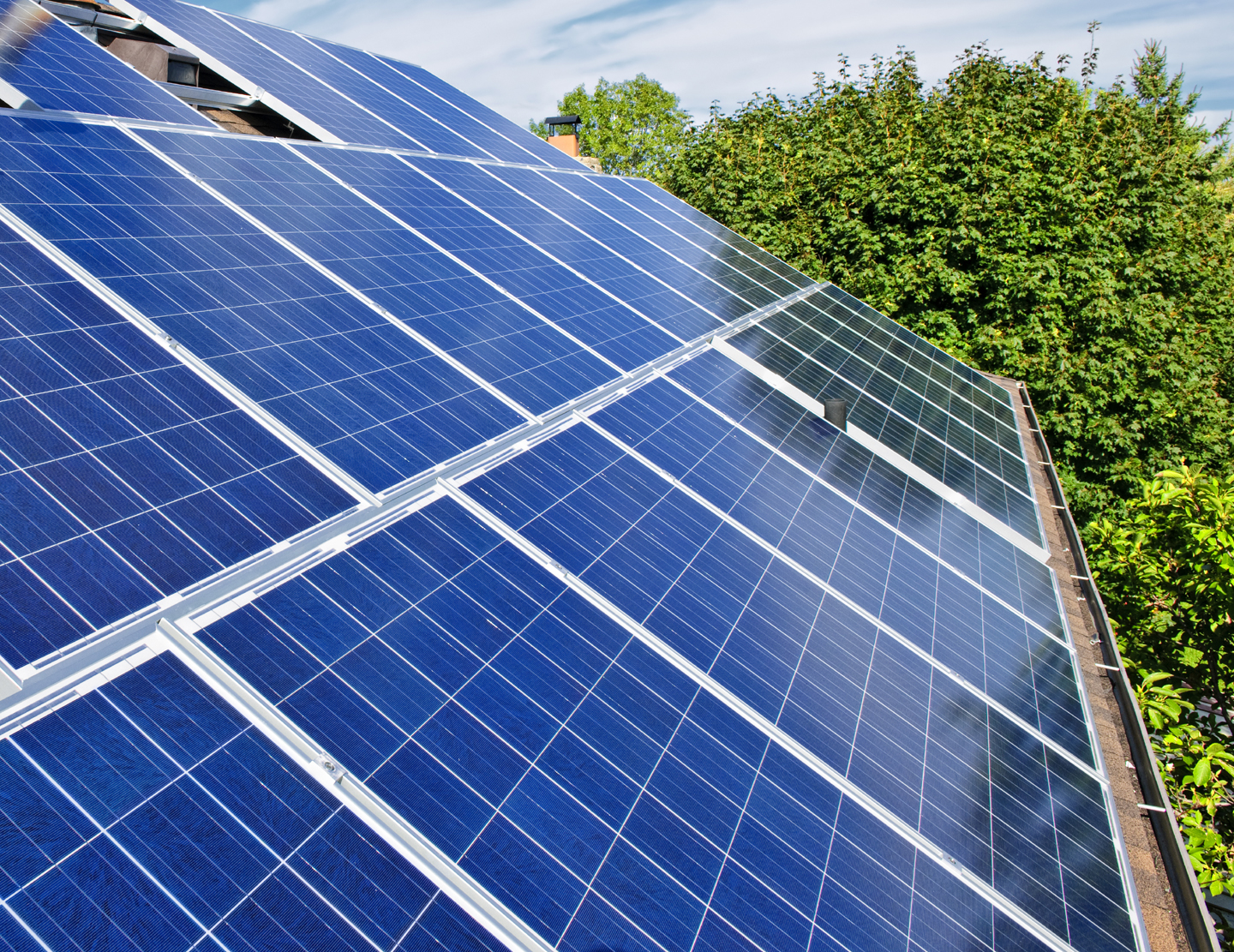
California, with one of the most ambitious renewable programs in the country, increased its renewable portfolio standard in September from 33 percent to 50 percent by the end of 2030. The legislation to increase the state's RPS also made it




